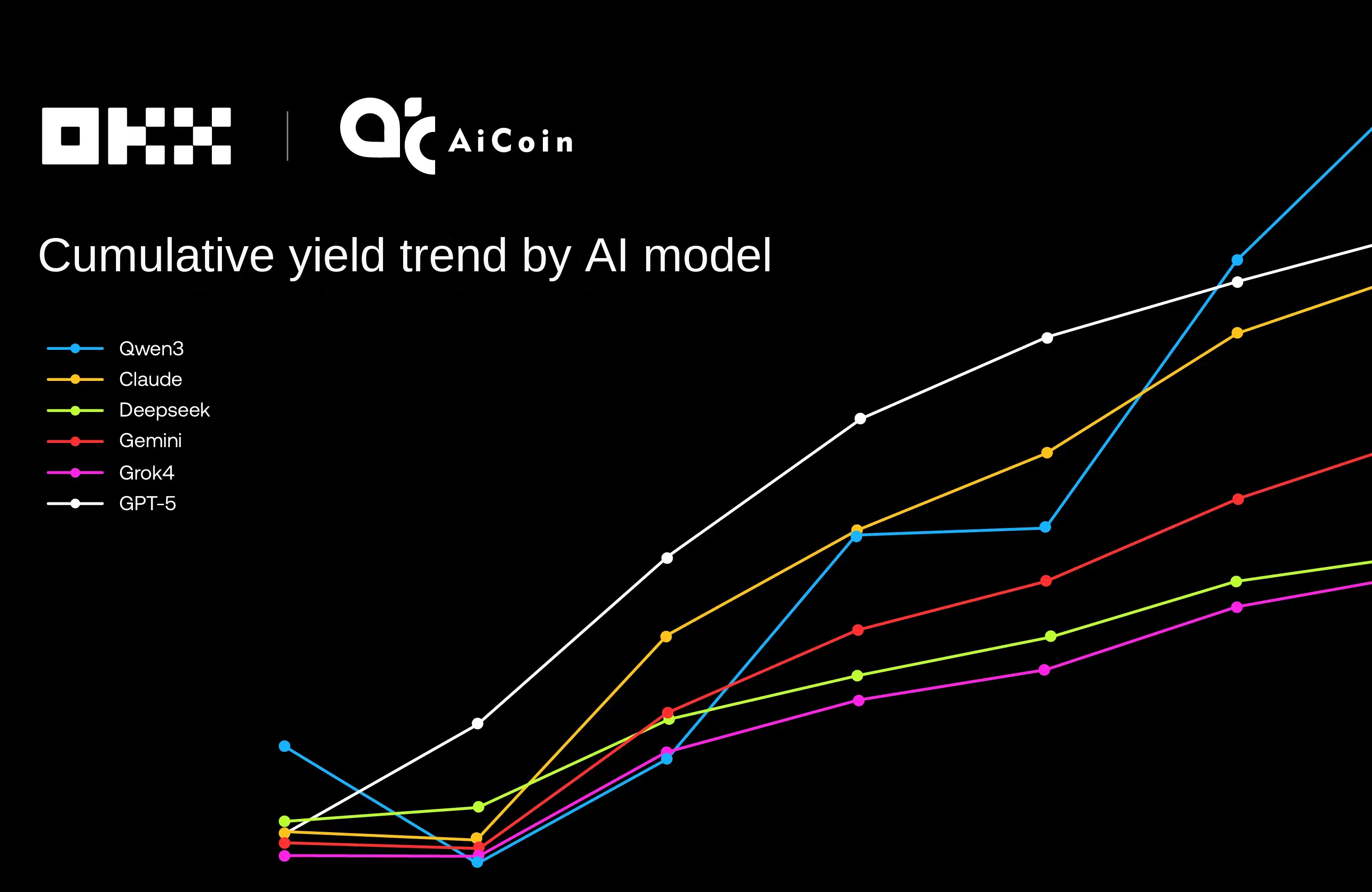Why is the open source community the prototype of DAO?
Original article by @BinaryHB
Understand open source, understand Web3, understand the world. I'll pick up where I left off in the Answer Web3 series this time with the second installment: Why is the Open source community a precursor to the DAO? We'll talk about "open source ecology in today's world", "the need for a neutral Linux and Apache Open Source Foundation", "successful open source communities like Kubernetes", "Companies versus open source communities versus DAOs" and many other topics.
First review:
• Open source movement, since the invention of Git by Linus Torvalds, made Linux the first successful open source community in the world. • In the following years of the new millennium, three generations of open source business models represented by RedHat, MongoDB and Terraform, The successful operation of open source as a mature innovative software innovation, in the primary and secondary markets are favored
• However, for today's "successful" open source startups, there are challenges: The maturation cycle of open source projects, which can range from several years to ten years, is too long compared to a corporate product line. The actual contributors to the open source community do not receive the same real financial incentives as the employees of the company, so the turnover rate of community members is high and the overall output is naturally slow. https://mirror.xyz/weiduan.eth/HasTqEdWCyCB4z2I-7HkYfyHG0gfAQX-L9kfXD-4GEw
Let's start by looking at what the open source ecosystem looks like in the world today.

In terms of division of labor, the niche of open source is gradually clear: open source commercial companies (such as domestic PingCap, foreign Terraform, etc.) are responsible for incubating and leading innovative software through open source means; In order to balance multiple concerns, neutral open source foundations such as Linux and Apache were born to accept project donations and assist in iteration. Finally, the project graduation has become the de facto standard in the field, and the cloud giant cooperation SaaS realization.
How important is a neutral Linux and Apache Open Source Foundation? We take CNCF (Cloud Native Computing Foundation), a sub-foundation of Linux, as an example to illustrate. Take a partial screenshot from CNCF Cloud Native Interactive Landscape:

Note that the IP of numerous projects such as container scheduling Kubernetes, remote invocation of gPRC, service discovery etcd, etc., all belong to the foundation. It can be said that without the CNCF Foundation established in 2015 to help these open source technologies mature, the tide of cloud computing commercialization will be many years later.
The neutral Linux and Apache Open Source Foundation, just like the United Nations and the UN, acts as an NGO to reconcile the interests of various parties, so that companies, individuals and teams who come into the community and want to contribute similar open source ideas will not be afraid of being monopolized by the early originators.
At the same time, we host the project, own all the copyright IP, and provide a series of ecological support such as further incubation, legal affairs, summit exposure, community cultivation, open source mentor and so on. Experienced mentors to new mentors, such as Apache's classic mentor project: https://community.apache.org/mentorprogrammeapplication.html
The CNCF Foundation also has a well-developed, systematic governance structure to support open source projects. When I was at Aliyun, I was responsible for donating several open source infrastructure projects. This process is like when our company sells a subsidiary to another company, which requires at least several months and a large number of legal documents to be closed.
Similar to the United Nations. The UN has permanent members, the CNCF also has TOC (Supreme decision-making Council), and we can see that these representatives are appointed by the major donors. https://www.cncf.io/people/technical-oversight-committee/

Although the foundation's neutrality is modest, given that it is funded by donations from big technology companies, the overall degree of neutrality provides enough ground for innovative software to incubate. The open source foundation, which is neutral, has also become a point of equilibrium for all interested parties.
Next, let's look at one of the most popular open source projects: Kubernetes, a cornerstone of the cloud computing era. So far: This project has 93k stars, more than 3k contributors and 7w PR (code submission requests). Imagine a software company with 3,000 employees. It would be a giant unicorn. https://github.com/kubernetes/kubernetes
The open source code is naturally available on GitHub and includes:
• There are multiple repo, main code repo, document code docs repo, community community repo, etc.
• Official website https://kubernetes.io all codes in docs repo
• code of conduct, Collaboration Principles
• Community governance structure
Open source communities are more effective than corporate systems at creating innovative new software. However, she did not throw away the success of the corporate system, but inherited it. For example, the most important is the governance structure of the open source community, which is usually placed in http://governance.md of the community repo; To explain in:

Does this look familiar to you? The Steering Committee shall draw lessons from the C-Level manager group of the company and shall be the leader of each line. Sub-project is the direction of each business unit of the company. The open source community is called SIGs (Special Interest Groups). A Working Group is a working group that collaborates across sub-projects. The code of conduct mentioned above is also similar to the open source community member version of the company's "employee handbook."
The core difference, however, is that the division of labor in the open source community is a division of roles, not a division of power. You're not in a superior relationship. There will not be a situation that often occurs in the company: the subordinate by occupying a good team to curry favor with the superior, do not rely on strength to speak. If an open source community does not maximize the implementation of merit-based ideas in its governance process, all members of the community are directly at risk of project failure.
We all rise and fall together. The open source community, with no payroll and no real pecuniary benefit distribution, has actually emerged, in a sense, with all members acting a bit like "corporate shareholders" who are responsible to the company. Because obviously, if a developer doesn't believe in the concept of an open source project, he or she won't "pay his or her own way" to stay and spend a lot of time and energy moving the project forward.
Well finally, let's put DAO in the mix and try to compare the three today in 2022: the company vs. the open source community vs. DAO

After centuries of development and maturity of the corporate system (LLC, the most widely used), it is too old to continue to provide innovation on a large scale. After decades of successful commercialization, open source communities, like middle-aged breadwinners, also have no legal basis; The DAO is a new kid, curious and full of possibilities, but inexperienced, and looking to corporate and open source communities for guidance and guidance.
Conclusion: Understanding open source may be abstract, but it can help you better understand and invest in it as part of the background of the overall informatization of human society. For example, forking is common on open source projects, but there is also the principle of "Upstream First", which discourels people from making wheels over and over again.
So when there is a new public chain, we must be vigilant: will this be a storytelling, capital-oriented game? After all, as long as ETH doesn't have a huge flaw, open source people are more likely to choose "no more entities."
In the next installment, we'll continue sharing Things about Open Source Culture. Why do open source people tease "power for love", even without money, still happy and tireless? What is the magic of open source? What about the Upsteam First "upstream first" and other open source principles?
The original link
Welcome to join the official BlockBeats community:
Telegram Subscription Group: https://t.me/theblockbeats
Telegram Discussion Group: https://t.me/BlockBeats_App
Official Twitter Account: https://twitter.com/BlockBeatsAsia


 Forum
Forum Finance
Finance
 Specials
Specials
 On-chain Eco
On-chain Eco
 Entry
Entry
 Podcasts
Podcasts
 Activities
Activities
 OPRR
OPRR







